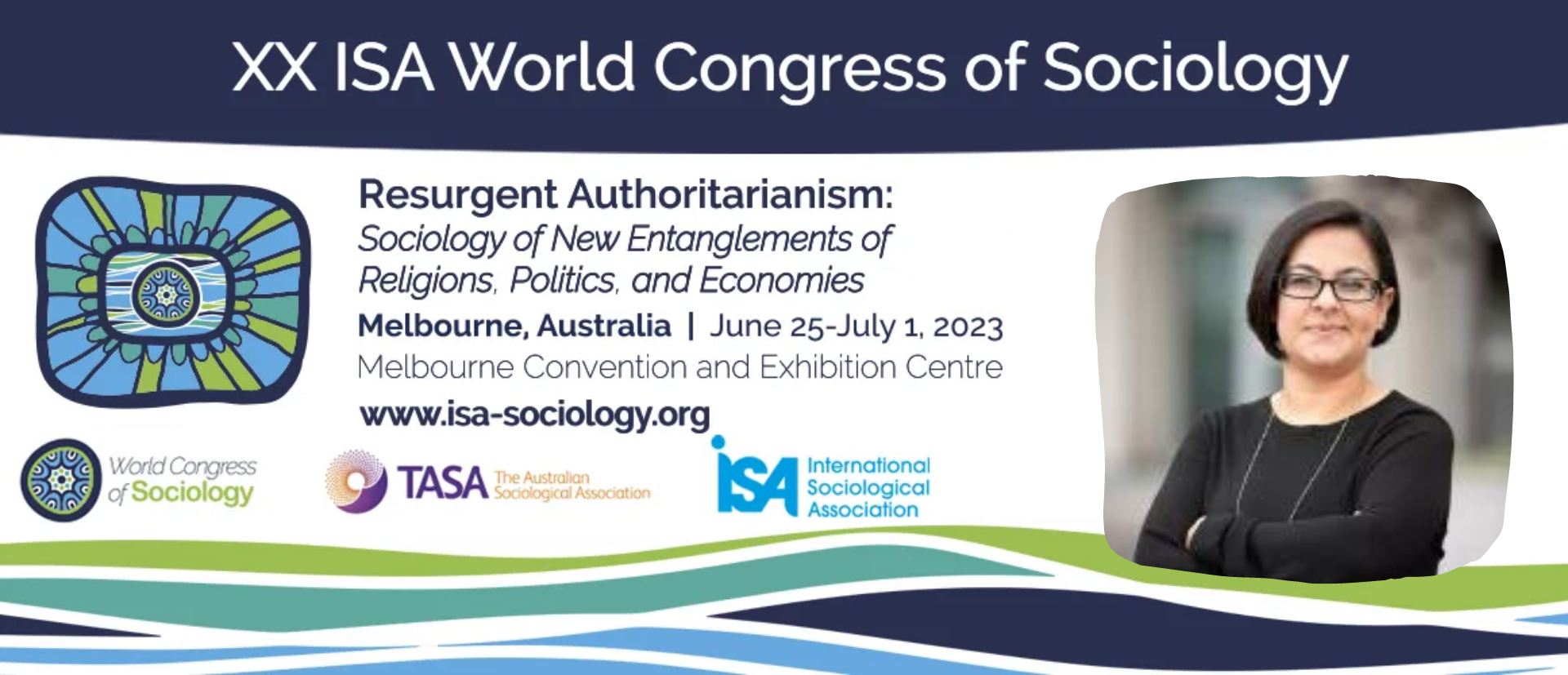Dr. Aylin Çakıroğlu Çevik's Participation in XX ISA World Congress of Sociology

Tarih: Date -
Dr. Aylin Çakıroğlu Çevik participated in the 20th ISA World Congress of Sociology with her abstract titled "Does the Feminization of Sociology Build Feminist Academia? The Case of Turkey" on June 27, 2023.
Click here to reach the abstract.
Abstract
The women movement has struggled for women's equal participation in education for years, and through this effort, it has seen quantitative achievement at all levels of education on a global scale. For instance, in higher education, women have made up a substantial amount of the undergraduate student population in different parts of the world in the last decades. This over-representation is interpreted as that the problem of gender inequality in higher education no longer exists. On the other hand, according to some, this picture is worrisome as it points to the possibility of higher education turning into a "men-free zone". In this sense, the feminization thesis can be helpful to understand this progress and/or change in education. This concept refers to a) quantitatively being in the majority, b) process of change, and c) transformation of the culture of an organization, a field of study, and society as a whole via dominant “feminine values, concerns, and practices”. Feminization issue is increasingly discussed in academia and specifically, the feminization of sociology has become a concern in recent years due to the increased presence of women in the discipline general. In this study, sociology in Turkey will be of interest to examine whether the discipline is becoming feminized. What has changed in the last 30 years in sociology in terms of the student body and academic staff? If the feminization of sociology exists, what does it mean for the future of sociology and society? To what extent can the feminization of sociology contribute to building feminist academia that embraces widespread feminine values, concerns, and practices? Drawing on the national official statistics about sociology over 30 years, this study aims to understand the feminization of sociology in a historical way and its possible impact on the future of sociology, academia as well as society.